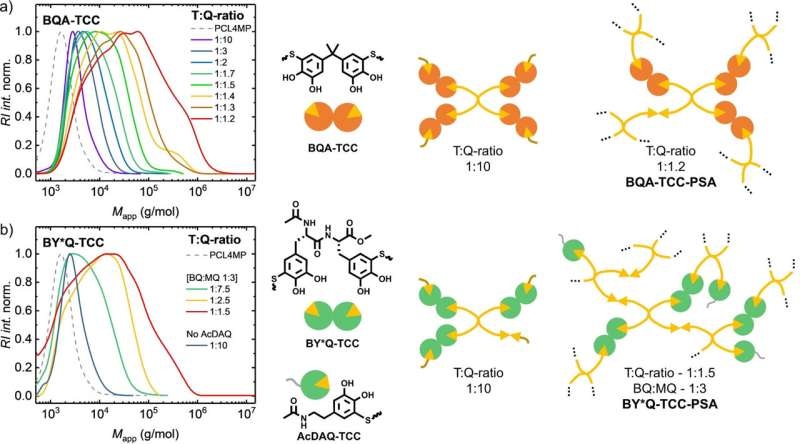Inspired by the remarkable underwater adhesive capabilities of mussels, researchers have invented a new type of adhesive. This non-permanent adhesive can then be easily turned off and removed, which could lead to a breakthrough in environmentally sustainable electronics and the circular economy.
.

Rethinking Electronics with Debondable Adhesives
The design of electronic goods today makes them too hard to repair or recycle, contributing to the massive environmental waste problem of e-waste. Debondable adhesives are the solution to this problem as they support the recyclability of electronic devices.
The researchers decided to investigate mussel adhesion (mussels can stick to many surfaces, even underwater) as they developed their new adhesive. These researchers have developed a new adhesive that can be turned on or off at will based on the structure and chemistry of the adhesive proteins in mussels.
The Magic of Catechol Chemistry
The key to the glue’s exceptional performance is its chemical structure. The adhesive is derived from a thiol-catechol polyaddition (TCP) reaction to yield polymers with adhesive TCC linkages. The reason for this high adhesiveness is peptide groups called TCCs that resemble adhesive proteins in mussels.
This oxidative step is essential for creating a debonding trigger, as it converts the catechol groups within the adhesive polymers to an oxidized form (quinones). This process of oxidation degrades the adhesive strength so much that the adhesive can be peeled or wiped away from the substrate, all as one piece.
Conclusion
The group states this new adhesive is a crucial next step in the creation of eco-friendly, repairable and probably recyclable electronics. Enabling an epoxy waste-free and recycle-ready world of Adhesion products and ultimately in the circular economy for reduced electronic wastes with a pinnacle way to debond adhesives. It’s a fascinating follow-up, and one that hints at future promise for repairing our growing stockpile of disposable gadgets.
